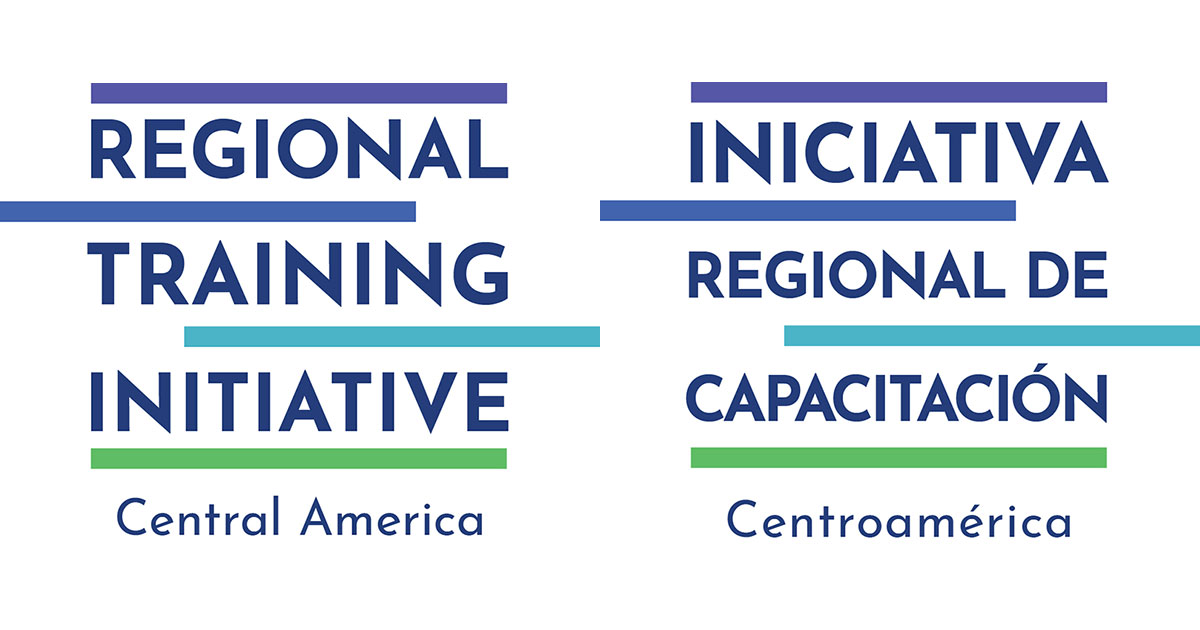
Decades of research and program implementation have shown that meaningful, transformative engagement with men and boys – as fathers, caregivers, and beyond – can have a significant impact on promoting gender equality and preventing violence. However, many of these interventions with men and boys – like those for women and girls – have remained small-scale and short-term, usually failing to become sustainable beyond the lifespan of NGO-led projects.
To address these challenges, MenCare partners Equimundo, Puntos de Encuentro, ECPAT Guatemala, and MenEngage América Latina have developed the first-ever Regional Training Initiative (RTI) in Central America. Launched on November 27, 2017 in Guatemala City, Guatemala, the RTI aims to increase the capacity of local civil society organizations – strengthening their skills and knowledge related to best practices to engage men and boys in gender equality and in care – and to build a regional network of future leaders and gender justice advocates. This initiative brings together participants from El Salvador, Guatemala, Honduras, Mexico, and Nicaragua.
Over six months, participants will complete two intensive training courses that cover not only the theory and evidence base behind gender justice and masculinities, but also how to practically integrate these ideas and local research to strengthen their work in the field. The first course commenced in Guatemala with the RTI’s launch, and the second course will take place in Nicaragua in spring 2018.
During the first course, facilitators from Puntos de Encuentro presented the latest research on fatherhood and men’s caregiving, including from State of the World’s Fathers: Latin America and the Caribbean and evidence from Program P, a manual for engaging men in fatherhood, caregiving, and maternal and child health. Participants were able to engage with activities such as “My Father’s Legacy” and “Delivery Room Role Play.”
Each RTI participant has outlined a personal “Commitment to Action,” their pledge and plan to apply the lessons they learn during the training to their work and communities. These commitments include a range of projects such as developing small advocacy campaigns to expand parental leave and working with health workers to promote greater inclusion of fathers in child health and development. Each participant will also be matched with a mentor to support them and work with them to overcome any challenges they may face.
The Central American RTI is supported by the Summit Foundation, UNFPA, the Pan American Health Organization, WeEffect, and the Global Fund for Children. Learn more about the RTI here.